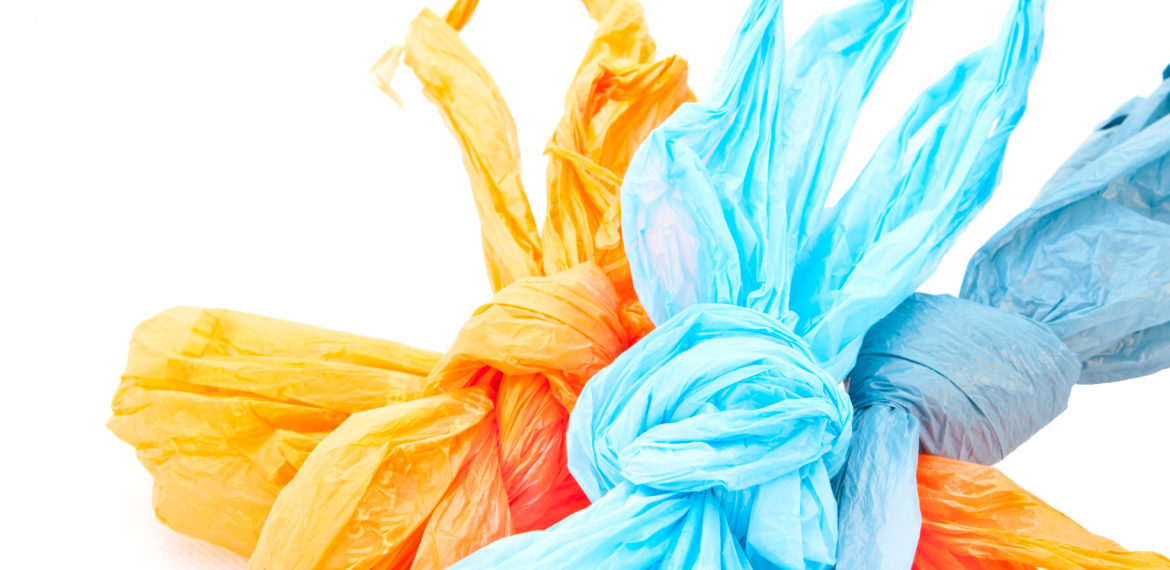Rebecca Trigger
9/12/2017
At Polypro Recycling we like to point out when we see positive developments in the world of recycling. This article from ABC News details how Washington state is doing its part to help the environment by cutting back on plastic bag use.
Single-use plastic shopping bags will be banned in WA from July 1 next year. So will you still be able to line your bins and scoop up your doggy-doo?
What types of bags are banned?
According to the McGowan Government, the ban applies to lightweight plastic shopping bags — the thin bags with handles usually found at supermarket checkouts.
The ban also includes “degradable” plastic bags, which the Government says are no better for the environment than ordinary plastic.
The jury remains out on bioplastic and compostable bags, however. Labor is still deciding whether they will be allowed.
What bags remain ok?
Stores will also be allowed to sell alternative bags which meet certain criteria, including thicker plastic reusable bags and “green” bags.
The ban won’t apply to carrier bags needed for food safety — for example for meat and fish — while thicker department store bags and reusable bags will remain fine to use.
Councils will presumably be allowed to keep distributing those doggy-doo bags in public parks as well, or we could have an environmental crisis of another kind on our hands.
How does it work in other places?
South Australia, the NT, ACT and Tasmania already have a bag ban in place. Queensland has vowed to bring one in by mid-next year as well.
South Australia introduced its ban in 2009. The SA Government says it has resulted in 400 million fewer bags in the state per year.
Compostable bags and paper bags are still allowed in South Australia.
What are the drawbacks of plastic shopping bags?
According to the WA Government, “plastic bags make up a relatively small portion of solid waste and litter but can significantly harm marine wildlife and birds, which can inadvertently eat or become entangled in plastic bag waste”.
A 2015 study found 60 per cent of seabirds had plastic in their guts, and that number was expected to rise to 95 per cent by 2050.
The plastics can cause blockages of the gut or perforation of the intestines.
What evidence is there plastic bag bans help the environment?
Concerns have been raised that if customers can opt to buy thicker plastic bags at the checkout, it won’t make much of a dent in the amount of plastic.
In the NT, an environmental group claimed the ban introduced in 2011 had failed to reduce plastic bag litter.
However in the ACT, in the six months before they brought in the ban, 266 tonnes of plastic bags went to landfill.
Two years later, it was down to 171 tonnes over the same time period.
So the amount of plastic weight had reduced, but people were continuing to buy boutique plastic bags and throw them away — but at a slower rate.
A recent Keep Australia Beautiful report found that plastic bag litter “fell significantly and almost immediately after the [ban] came into effect in the ACT and Tasmania, and remained down over subsequent years”.
However in SA, it didn’t fall as much and has now almost returned to pre-ban levels, while in the NT the ban appears to have had little effect, with lightweight plastic bag litter actually increasing.
Source: ABC News
